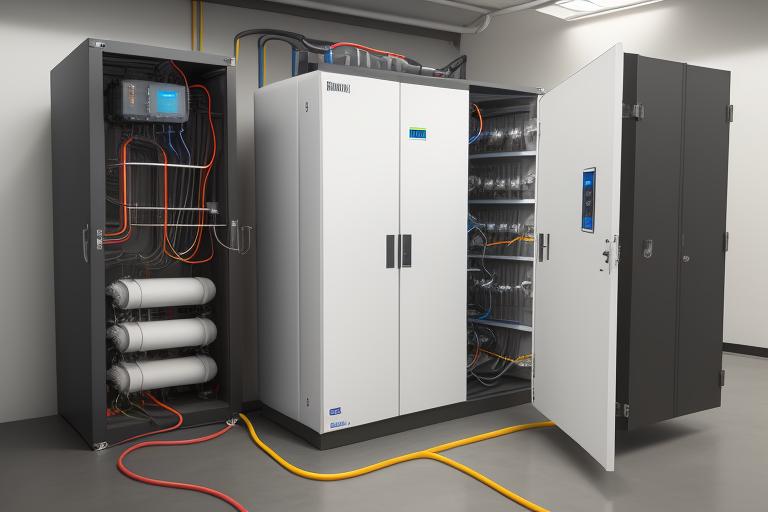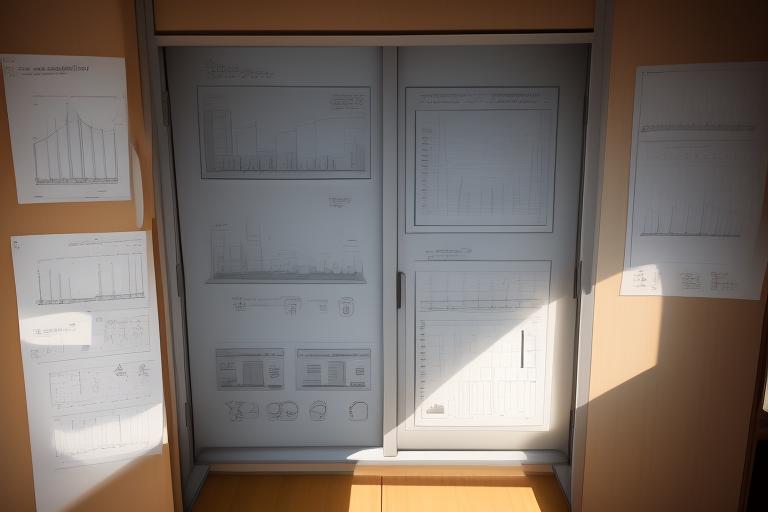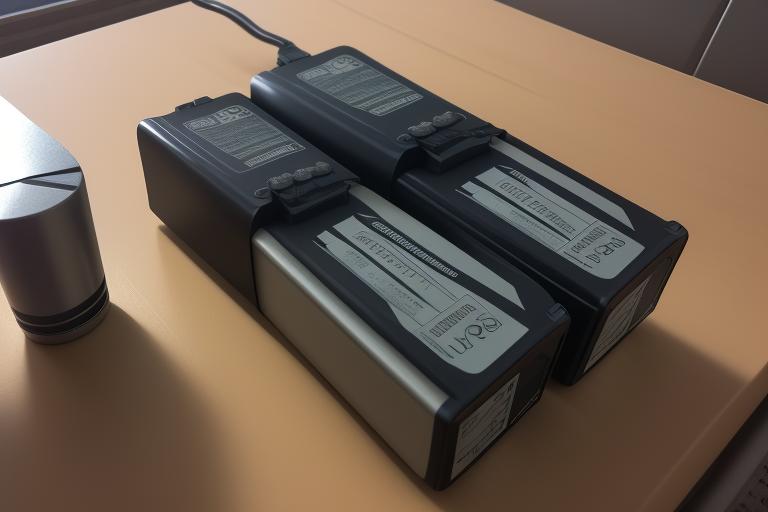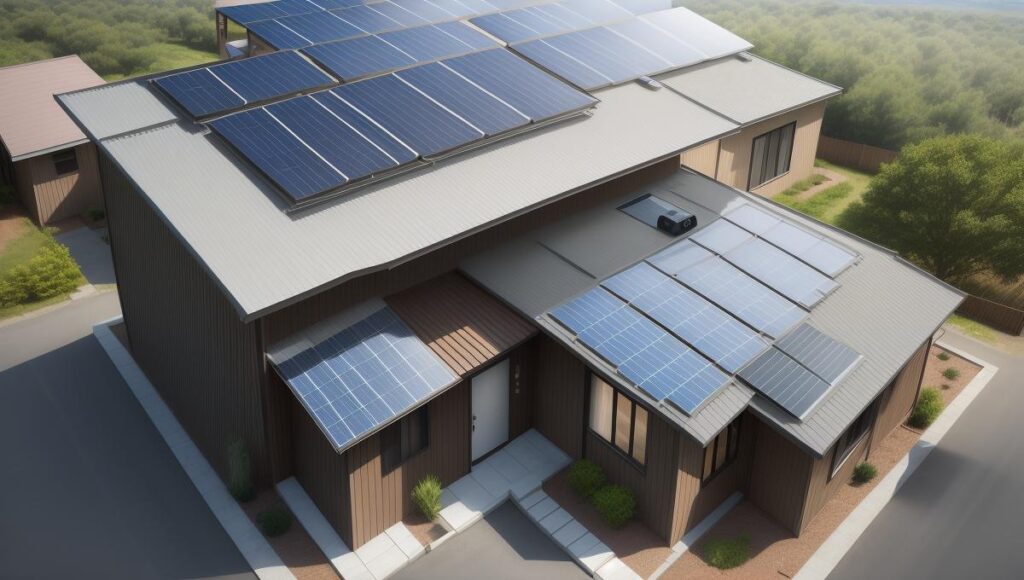In a world increasingly conscious of the environment and the need for effective energy management, battery energy storage units are rapidly becoming a must-have for modern households. Not only do they provide an efficient way of storing surplus power, they also reduce electricity bills and offer an emergency power supply during blackouts. However, with the market inundated with a myriad of options, choosing the best household battery energy storage system can be challenging. This article will guide you through the process, outlining important factors to consider along the way.
Understanding Battery Energy Storage

Battery energy storage systems store excess electricity, usually generated by renewable sources like solar or wind, for later use. Houses with solar panels regularly produce more energy than needed during the day, making energy storage systems ideal for shifting this surplus to periods of higher demand, such as evenings. Understanding how these systems function and their benefits is integral to making a wise purchase.
Evaluating Your Energy Needs

Battery energy storage systems come in different capacities, and the best fit largely depends on your household’s daily energy consumption. It’s crucial to assess your power needs, considering factors like the size of your home, the number of appliances used, and their respective power ratings. A certified energy auditor can give an accurate estimate of your energy needs, helping you choose a system with sufficient capacity.
Choosing the Type of Battery

There are several types of batteries, including lead-acid, lithium-ion, saltwater, and flow batteries, each with their own advantages and disadvantages. Lithium-ion batteries are the most popular due to their efficiency, long lifespan, and decreasing costs, making them a great choice for most households. However, the right battery depends on your specific needs.
Analyzing the Battery’s Performance Metrics

It’s important to also consider the battery’s performance metrics like depth of discharge, round-trip efficiency, and lifespan. Depth of discharge refers to the amount of the battery’s energy that has been used; the higher it is, the longer your battery will last. Round-trip efficiency is the difference between the energy used to store electricity and the available power. Lastly, lifespan refers to how long the battery will last before its capacity starts to degrade.
Cost and Warranty Analysis
Lastly, think about price and warranty. Systems with longer warranties and lower lifetimes costs are typically better investments in the long run. It’s also worth factoring in local incentives and rebates, which may significantly reduce the cost.
In conclusion, while choosing a household battery energy storage system can seem overwhelming, understanding your energy needs, evaluating the type of battery, analyzing performance metrics, and considering the cost and warranty can guide you in the right direction. Remember, the best battery energy storage for your household will depend on your unique energy needs and budget.
